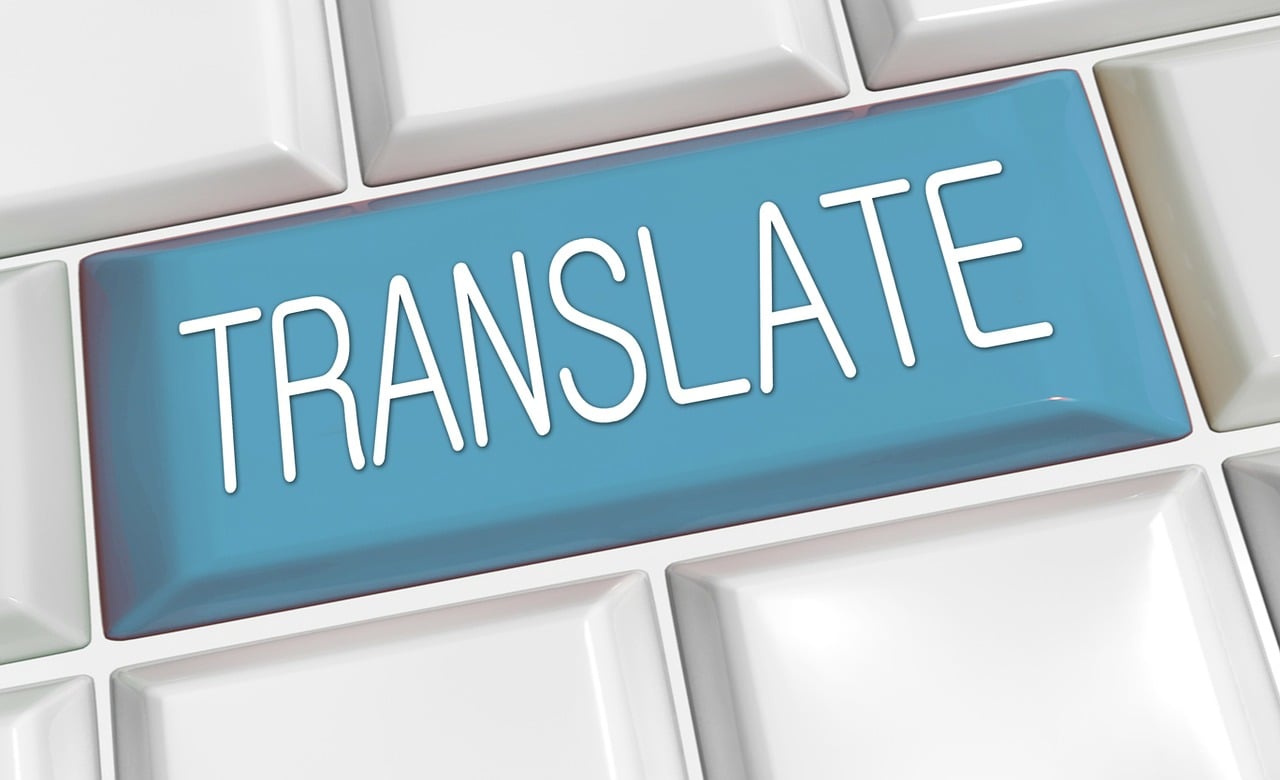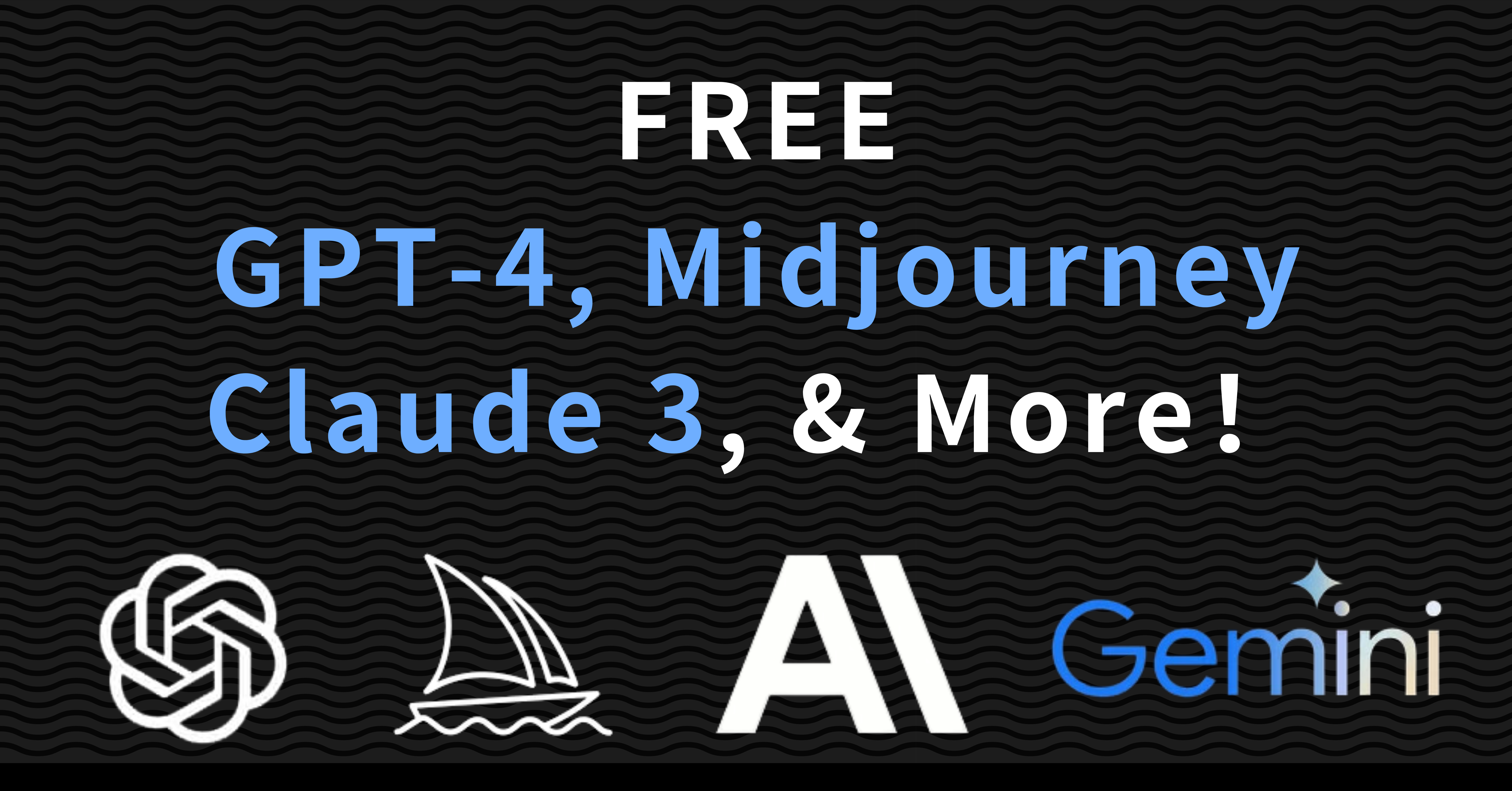How GlobalGPT is Revolutionizing PDF Translation with Advanced AI Capabilities

Introduction
Hey there, PDF users and AI enthusiasts! Have you ever found yourself struggling with translating PDF documents for work or study? You're not alone. Whether you're a college student dealing with multilingual research papers, an international professional managing diverse business documents, or just someone who frequently interacts with PDFs, the translation process can be a real headache.
Imagine this: you're working on an important project that involves a crucial PDF document in a language you’re not fluent in. The non-linear structure, embedded images, and tables make it almost impossible to manually translate while preserving the document’s original layout and meaning. Frustrating, right?
Well, worry no more. Today, we’re diving into how advanced AI tools like GlobalGPT are revolutionizing the PDF translation landscape. GlobalGPT, leveraging powerful AI models such as ChatGPT-4, Dall-E3, Midjourney, Claude, Gemini, and Llama, offers practical solutions to these complex challenges. These tools ensure that your translated PDFs retain their original formatting and contextual accuracy, saving you time and reducing errors.
In this article, we'll explore the specific difficulties of translating PDF documents and how GlobalGPT’s innovative AI capabilities can make your life easier. We’ll also share real-world success stories and detailed examples to illustrate the transformative impact of AI on PDF translation. So, buckle up, and get ready to discover how you can harness the power of AI to translate PDFs with precision and ease!
I. Understanding the Challenges of PDF Document Translation
Translating PDF documents is fraught with unique challenges that are seldom encountered in other types of text translation. This complexity stems from the inherent structure and formatting of PDFs, which often include a mix of text, images, tables, and non-linear content flows. In this section, we will delve into these specific challenges.
A. Complex Formatting and Layout Issues
PDF documents are notorious for their intricate layouts and embedded elements. Unlike standard text documents, PDFs are designed to preserve the formatting and layout across different devices and platforms. This means they can contain a variety of elements such as images, tables, graphs, and multiple columns of text that are not linearly arranged. When translating such documents, maintaining the original formatting while ensuring the accuracy of the translation becomes a daunting task. The non-linear structure requires advanced algorithms that can accurately interpret and reproduce these elements in the target language, without compromising the document’s integrity.
B. Language Nuances and Contextual Challenges
Language nuances and context play a crucial role in accurate translation. Each language has its own set of idioms, expressions, and cultural references that do not have direct equivalents in other languages. In the context of PDFs, this challenge is amplified due to the varied nature of content—ranging from technical jargon in academic papers to legal terminologies in contracts. Ensuring that the translated content retains the original meaning and context is essential, yet challenging. This requires sophisticated natural language processing (NLP) capabilities that can understand and interpret these subtleties accurately.
C. Handling Large Volumes of Text
PDFs often contain large volumes of text, especially in academic and legal documents. Translating such extensive content manually is not only time-consuming but also prone to errors. Automated tools need to efficiently process and translate these texts without losing coherence or context. This requires robust AI models that can handle substantial data inputs and provide accurate translations swiftly.
II. How AI Tools Like GlobalGPT Help Translate PDFs Accurately
AI-powered solutions have emerged as a game-changer in the realm of PDF translation. Leveraging advanced technologies, these tools offer precise and efficient translations, overcoming many of the traditional challenges associated with PDF documents.
A. Advanced Natural Language Processing (NLP)
GlobalGPT uses state-of-the-art NLP to understand and translate complex texts accurately. The AI models are trained on vast datasets, enabling them to grasp context, idiomatic expressions, and technical jargon across multiple languages. This ensures that the translated text is not only linguistically accurate but also contextually relevant. For a deeper understanding of how NLP enhances translation accuracy, check out this article on machine AI translation tools.
B. Maintaining Original Formatting
One of the standout features of GlobalGPT is its ability to preserve the original formatting of PDFs during translation. The AI algorithms meticulously analyze the layout, identifying elements such as images, tables, and non-linear text flows, and reproduce them in the translated document. This ensures that the translated PDFs maintain the same look and feel as the originals, which is crucial for documents where formatting is key, such as marketing materials or technical manuals.
C. Multilingual Capabilities
GlobalGPT is equipped to handle a wide range of languages and dialects, making it a versatile tool for global users. Whether you need to translate a document from English to Mandarin or Spanish to French, GlobalGPT’s multilingual capabilities ensure accurate and culturally appropriate translations. This feature is particularly beneficial for international students and professionals who frequently work with documents in multiple languages. For more insights into AI translation tools, visit this comprehensive guide.
III. Specific Features of GlobalGPT's AI Capabilities
What sets GlobalGPT apart from other AI translation tools are its unique features that cater to diverse user needs.
A. Customizable Translation Settings
GlobalGPT allows users to customize translation settings based on their specific requirements. Whether you need a more formal tone for legal documents or a conversational style for marketing content, the tool can be tailored to meet your needs. This flexibility ensures that the translated text aligns with the intended use and audience.
B. Real-Time Translation and User Feedback
One of the most innovative features of GlobalGPT is its real-time translation capability. Users can see translations as they type, allowing for instant feedback and adjustments. This feature is particularly useful for collaborative projects and real-time document editing. Additionally, user feedback is continually incorporated to refine and improve the translation accuracy, making the tool smarter and more reliable over time.
C. Integration with Other Tools
GlobalGPT seamlessly integrates with a variety of other tools and platforms, enhancing its utility. Whether you’re using a document management system or a cloud storage service, GlobalGPT can be integrated to streamline the translation workflow. This integration capability ensures that users can work within their preferred ecosystems without having to switch between different tools.
For a broader perspective on integrating AI translation tools, explore this insightful article.

Pay-as-You-Go:
Top Up from Just $1 Balance Never Expires
All-in-One: Access All Models in One Place
AI Total Data Privacy
Unlimited Usage Limitation
Accepts Fiat and Crypto Payments
IV. Overcoming Common PDF Translation Challenges with GlobalGPT
A. Case Study: Academic Research Papers
Academic research papers often contain dense and complex content that requires precise translation. GlobalGPT has been instrumental in translating these documents while preserving the original meaning and context. By maintaining the integrity of technical terms and accurately translating scientific jargon, GlobalGPT ensures that the translated papers are as valuable and credible as the originals.
B. Case Study: Legal Documents
Legal documents require meticulous attention to detail, as even a minor error can have significant implications. GlobalGPT’s advanced AI capabilities ensure that legal documents are translated with utmost accuracy, preserving the precise language and formatting required in the legal field. This reliability has made GlobalGPT a trusted tool for legal professionals dealing with multilingual documents.
V. The Future of AI-Powered PDF Translation
A. Continuous Learning and Improvement
The future of AI-powered PDF translation lies in continuous learning and improvement. GlobalGPT employs machine learning algorithms that are constantly updated based on user feedback and new data inputs. This ensures that the tool remains at the forefront of translation technology, providing increasingly accurate and efficient translations.
B. Potential for Broader Applications
Beyond PDF translation, AI tools like GlobalGPT have the potential to revolutionize other areas of document management and language processing. From real-time language translation in virtual meetings to automated content generation, the applications are vast and varied. As AI technology continues to evolve, the possibilities for innovation in translation and beyond are limitless.
Conclusion
In conclusion, the challenges of translating PDF documents are significant, but advanced AI tools like GlobalGPT offer practical and efficient solutions. By leveraging cutting-edge NLP, preserving original formatting, and providing customizable and real-time translation capabilities, GlobalGPT addresses these challenges head-on. Whether you're an international student, a legal professional, or anyone in need of reliable PDF translations, GlobalGPT is a powerful ally in overcoming the complexities of PDF document translation. For more information, visit the GlobalGPT blog.
See Also
Free Mastery of Claude 3 Opus: An In-Depth Manual
Free Access to GPT-4: A Detailed Tutorial
AI Empowerment: Unleashing the Potential of ChatGPT
